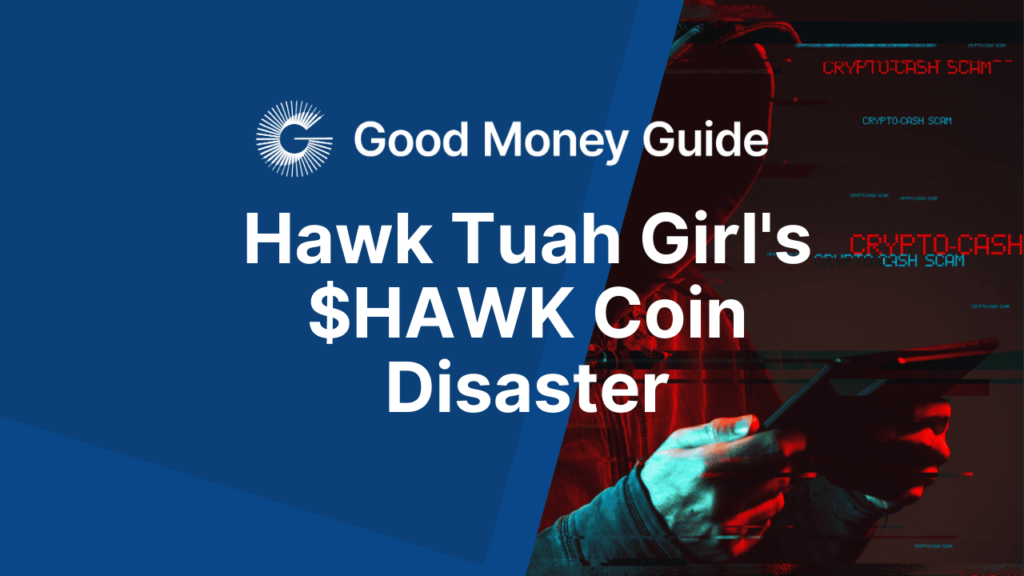Just as Bitcoin was doing so well, Haliey Welch, who shot to fame on social media as “Hawk Tuah Girl”, has brought crypto bros crashing down to earth, demonstrating how easy and dangerous it is to get carried away with the make-believe world of digital assets. I have written endlessly on how pump and dump scams work, but yet they still keep happening. A pump-and-dump scam is when users on social media hype up a coin that they own so people buy it and the price goes up. As it rises, they sell their position to those buying it and when the buyers run out the price drops again.
This happened quite recently with Woodboise shares. A scammer had bought some, they used Google Ads to send people searching on information on “best investments” to a fake newsletter stating that Woodbois was a good investment.
You could see the share price rise, as this was going on. I have produced a report on it here.
What happened with the Hawk Tuah Girl’s Pump & Dump $HAWK coin?
Internet personality Hailey Welch, known as the viral “Hawk Tuah Girl,” is facing backlash after her memecoin $HAWK crashed over 90% within hours of its launch. The token, initially priced at $0.005492, peaked briefly before plummeting, raising allegations of a “pump and dump” scheme. Critics pointed to insider wallets controlling up to 90% of the supply, with one wallet profiting $1.3 million in just two hours. Welch denied the claims, stating her team sold no tokens and attempted to deter snipers. Despite promising to hold 10% of the supply unsold for a year, investors have filed SEC complaints, fueling controversy.
Minor cryptocurrency is not an appropriate investment for most people.
There is an argument that cryptocurrency does have it’s uses, but those uses negate their classification as an investment asset. In fact, recently the FCA released a survey stating that around 10% of crypto buyers don;t do any research before getting involved.
Even worse, even though 12% of Brits now own cryptocurrency, a large proportion of people appear to be unaware that it is unlikely their money will be protected should something go wrong.
This is the same of course, with stocks and funds. If you make a bad investment, you cannot claim your money back. But if you have been mis-sold it or a platform has not correctly classified your investor status, you are able to complain to the FCA.
The FCA does now regulate cryptocurrency exchanges in the UK, but investor protection rules are very different and you are not covered by the FSCS.

Richard is the founder of the Good Money Guide (formerly Good Broker Guide), one of the original investment comparison sites established in 2015. With a career spanning two decades as a broker, he brings extensive expertise and knowledge to the financial landscape.
Having worked as a broker at Investors Intelligence and a multi-asset derivatives broker at MF Global (Man Financial), Richard has acquired substantial experience in the industry. His career began as a private client stockbroker at Walker Crips and Phillip Securities (now King and Shaxson), following internships on the NYMEX oil trading floor in New York and London IPE in 2001 and 2000.
Richard’s contributions and expertise have been recognized by respected publications such as The Sunday Times, BusinessInsider, Yahoo Finance, BusinessNews.org.uk, Master Investor, Wealth Briefing, iNews, and The FT, among many others.
Under Richard’s leadership, the Good Money Guide has evolved into a valuable destination for comprehensive information and expert guidance, specialising in trading, investment, and currency exchange. His commitment to delivering high-quality insights has solidified the Good Money Guide’s standing as a well-respected resource for both customers and industry colleagues.
To contact Richard, please ask a question in our financial discussion forum.




